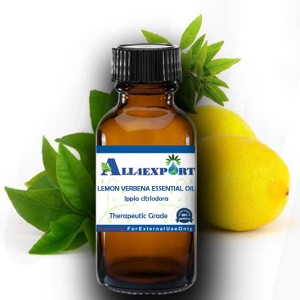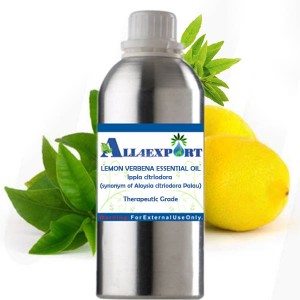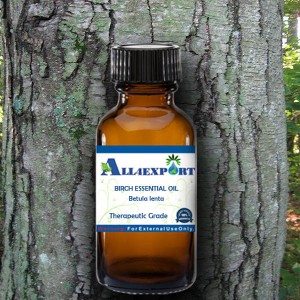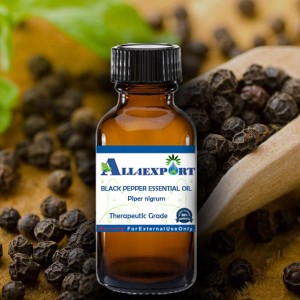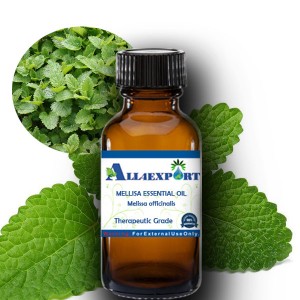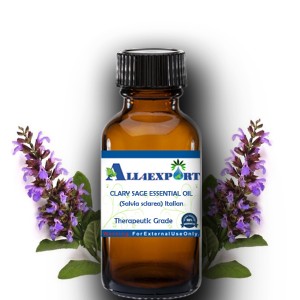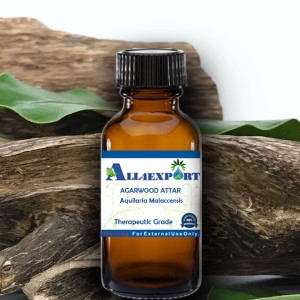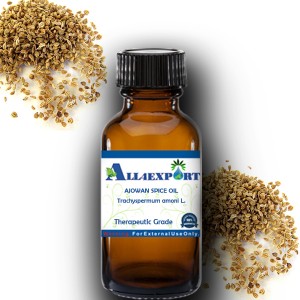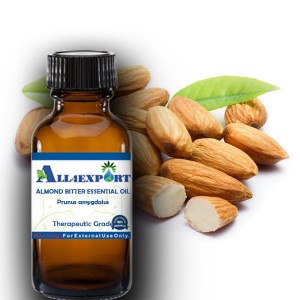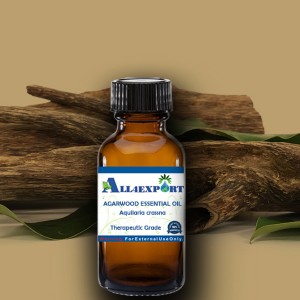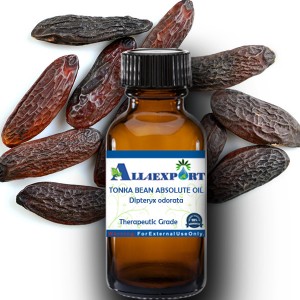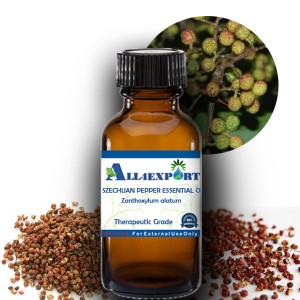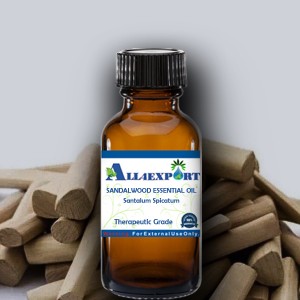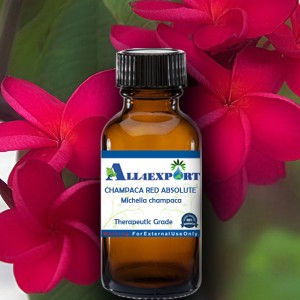Botanical Name | : | ippia citriodora (synonym of Aloysia citriodora Palau) | Country of Origin | : | Morocco, Spain, France, Paraguay | Solubility | : | Soluble in: alcohol water, 84.71 mg/L @ 25 °C (est), Insoluble in: water | Specific Gravity | : | 0.89000 to 0.92000 @ 25.00 °C. | Optical Rotation | : | N/A | Refrective Index | : | 1.48200 to 1.48800 @ 20.00 °C. | Plant Part | : | leaves | Bland With | : | Basil Holy, Bergamot, Chamomile Blue, Geranium, Neroli | CAS No | : | 8024-12-2 | Flash Point | : | 112.00 °F. TCC ( 44.44 °C. ) | Extraction Method | : | Steam-dragging distillation |
|
Description : lemon verbena contains a strong lemon-scented essential oil that has calming and digestive qualities. The plant has a gentle sedative action and a reputation for soothing abdominal discomfort. Lemon verbena essential oil is indicated for nervous conditions that often result in digestive problems. For cramps, indigestion, flatulence, dyspepsia & liver congestion. The tea is used to help restore the liver after a night of drinking, it is refreshing & uplifting.
|
Uses : When added to tea, lemon verbena oil may help in treating palpitations, indigestion, stomach cramps, flatulence, and nausea. It may also aid in healing skin disorders such as acne, boils, and cysts. It may even assist with in relieving puffiness and softening the skin. It is also used for agitation, joint pain, trouble sleeping (insomnia), asthma, colds, fever, hemorrhoids, varicose veins, skin conditions, and chills. In foods and manufacturing, lemon verbena is used as an ingredient in herbal teas, as a fragrance in perfumes, and as an ingredient in alcoholic beverages.
|









